Trashcannon: an interview with Durango-based artist Caitlin Cannon about life, music, and releasing an album during a pandemic
Jacque Garcia ︎Telluride, Colorado
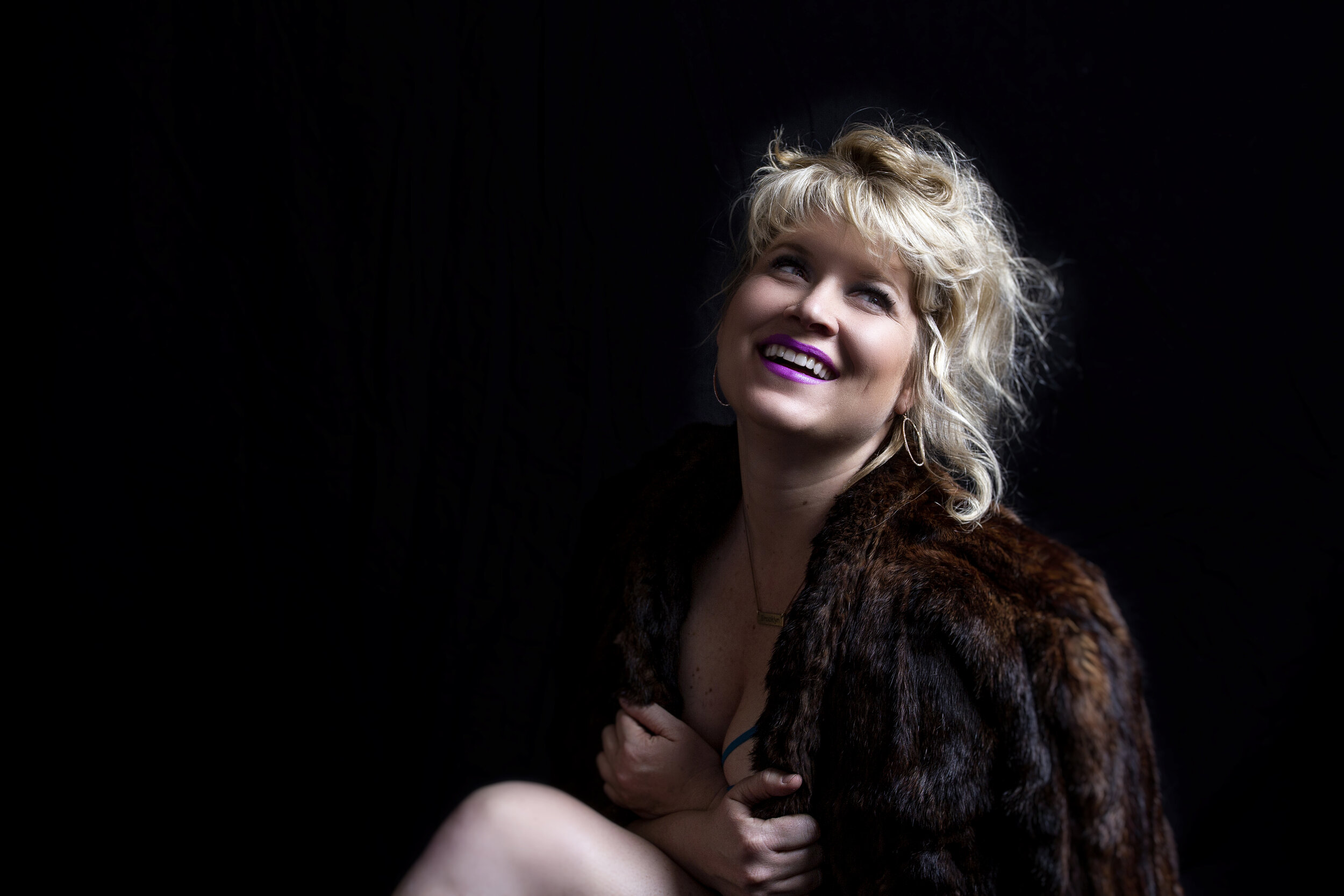
Caitlin Cannon is a truth-telling, sass-bringing, inequality-fighting, full-time musician and part-time hair salon owner based in Durango, Colorado. Her breakout solo album, wittily titled “Trashcannon,” will breathe life into your quarantine on May 15. Her raw and real record, self-labeled as “alternative insurgent country,” tells stories of achieving sobriety, growing up with a brother in prison, and forging a path for herself as a woman both in music and in life in general.
Trash Cannon will be your first solo album- can you talk a bit about how this process was different than those you’ve produced with Artillery or The Cannondolls?
For one thing, this is my first time I’ve worked with a female producer [Megan Burtt].
That’s a theme in the record, it deals with a lot of gender and socioeconomic content. I didn’t start to do music until later in life, because in my mind I had this belief that I couldn’t do it. In my experience, the boys would tell me to go work at the merch table instead of empowering me to participate. So music was something I had to be brave in order to figure out how to do it myself.
I didn’t have as much of a creative say in the production of the last Cannondoll’s album. It was a great experience, but I think that this record is getting closer- it’s still not quite there- to the sound in my head I want to achieve.
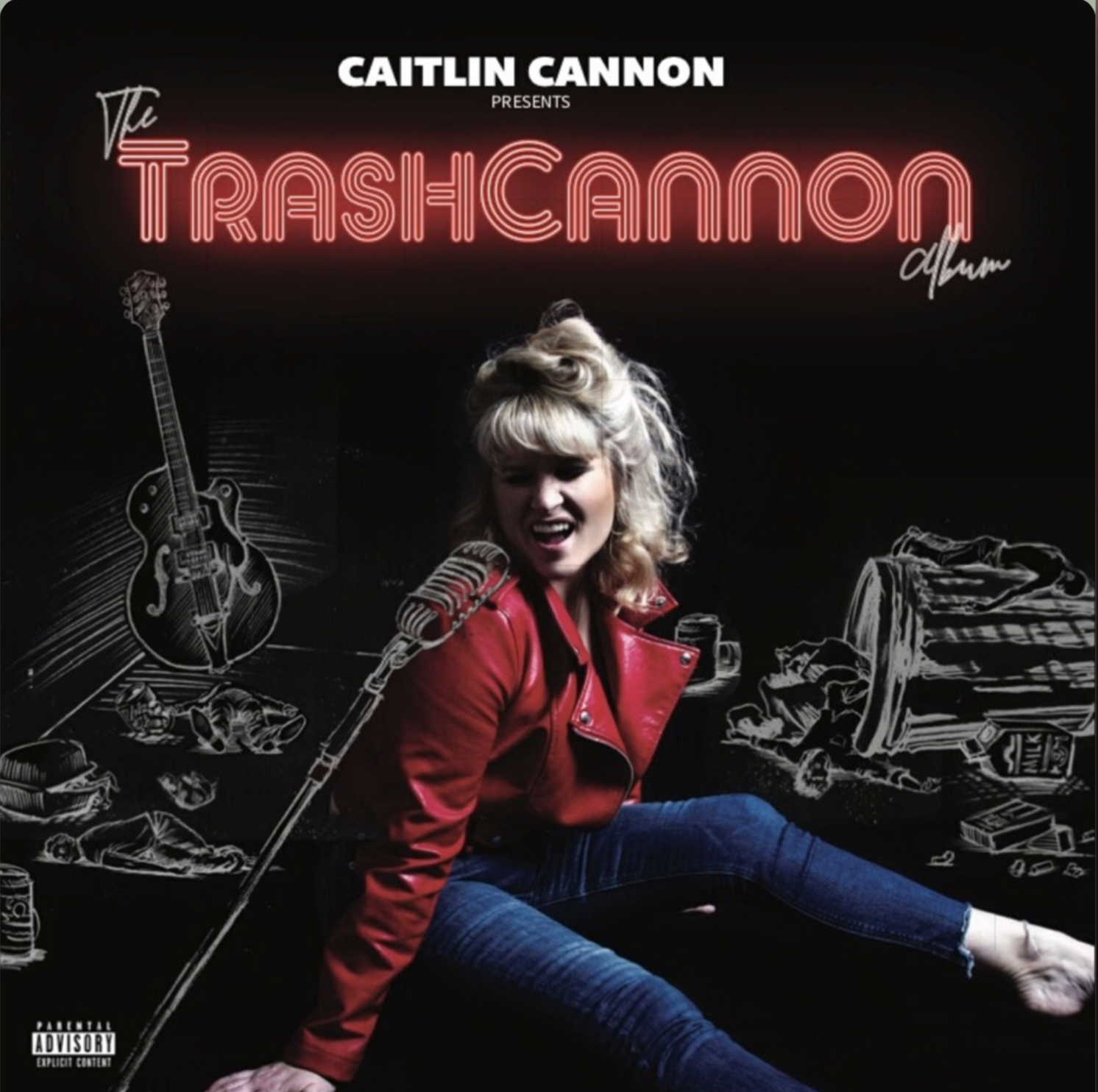
You mention this is your first time working with a female producer- how has that impacted the album?
Together, Megan and I decided what songs we wanted. These [the songs on Trashcannon] are really Caitlin Cannon songs - this is my breakout album.
There are songs a little bit sassy: they’ve got a little bit of a tinge of “I’m fed up with the constant cliche gender stuff I have to deal with.” Like, just because I’m a bartender doesn't mean I’m a prostitute. Those kinds of topics are all in the lyrics, and without Megan helping push those last few songs, I wouldn’t have gone as far into this point of view if she didn’t tell me, “you have permission to say it.”
TrashCannon is raw and real. It seems to hold nothing back. How did you know it was time to lay it all out there and produce it?
I hit this period where Cannondolls was ending and a relationship was also ending. I knew if I chose not to do this relationship with this person, I was probably saying no to a family, just based on where my life was. It was a h u g e quarter-life crisis.
Now, my life is reflecting more of who I really am and what I really want. The record is as well. When you hit those ‘ok I need a complete overhaul’ pockets in your life, it reflects in your writing. My music is a reflection of as honest as I might be able to be with myself at a certain point.
In one sense it’s like I’m putting it all out there and in the other sense I’m like god I hope someone will relate to this so I don’t have to feel so alone in it. Because this is the only way I can communicate.

How do you deal with the potential insecurity of sharing something so personal?
I deal with insecurity every day. You have to ask people to support you. There’s a lot of rejection. And you come up against your own, especially now that there's a pandemic. I’m like, ‘look at this thing I made while you die or are searching for a ventilator.’ It just doesn’t seem like the greatest timing...
But I also think that that’s a cultural conversation that as artists we need to change. There was a point where you didn’t feel ashamed for being an artist and there was built-in patronage that created the ability for the Sistine Chapel to happen. Patreon, kickstarter, all those things- are really just modern models of the way it’s always been. So as artists we have to start taking back ownership like: this is valuable, because this is a commentary on life, and what’s more valuable than that?
So you almost lean into the persona of the artist?
Yeah. The songs are a safe place to do it. I did get some negative feedback from the Toolbag video. Have you seen the Toolbag video? It’s a really good time. (It is a good time- I can vouch for that. You can find it here.) I put a tool belt around my hips and I put all my old boyfriends in it, so I made, like, a man doll. My friends were like ‘Caitlin you’re not doing anything to help feminism, like you’re just going and objectifying all these men.’ And I was like, yeah, but it’s a perspective that I get to live out for three and a half minutes that has a lot of levity in it. That was the song that Megan and I wrote together in her apartment in New York, and that was a day I was really getting my frustration out.

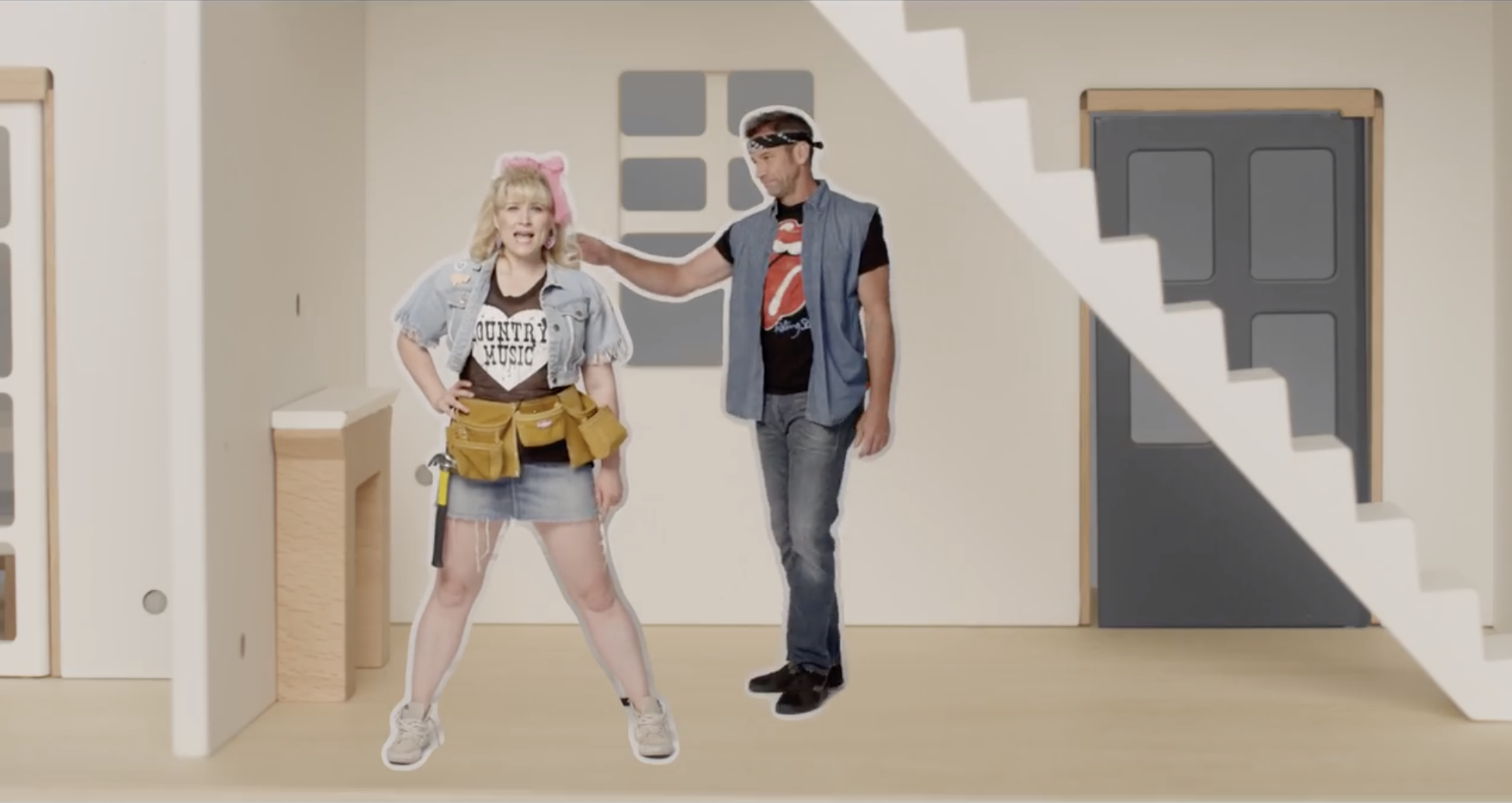
You have a badass list of singer/songwriter inspirations that impacted this album. Bobbi Gentry, Kitty Wells, Dolly Parton, and K.T. Olsen, The Dixie Chicks to name a few. What’s something (or a few things) you try to embody based on their examples?
Kitty wells- her Honky Tonk Angels was a response to the gender inequality fight that’s been going on in music forever during a time when they didn’t have the freedoms that we have. They were really really clever about how they’s fight the fight in their songs by doing it in a way that was so irresistible. There was something so effervescent about it. I try to do that in my songs.
“Too many times married men think they're still single
That has caused many a good girl to go wrong
It's a shame that all the blame is on us women
It's not true that only you men feel the same”
It Wasn’t God Who Made Honky Tonk Angels, 1952
The difference is that they have completely earned the right to tell the truth. They’re off limits. For me, I don’t feel like I’ve necessarily earned that, but because they did, I still have an avenue.
Musically, the influences on the record is from country music I really love- some offshoots of classic country and alternative. I’m not really sure what category to put it in. But I call it Americana, because that’s what you do.
If you had to try to put it into words or create a new category for it, what would you call it? Do you have a modifier to the americana genre that you’d like to add to it?
I like calling it insurgent country, but there’s still a lot more to it. It’s like an alternative, insurgent country… it’s so funny because I get asked this question a lot and I always have a different answer, it just really depends on the day.
This, to me, seems like the only reasonable way to attack it. Music is fluid. Its genres should be too.
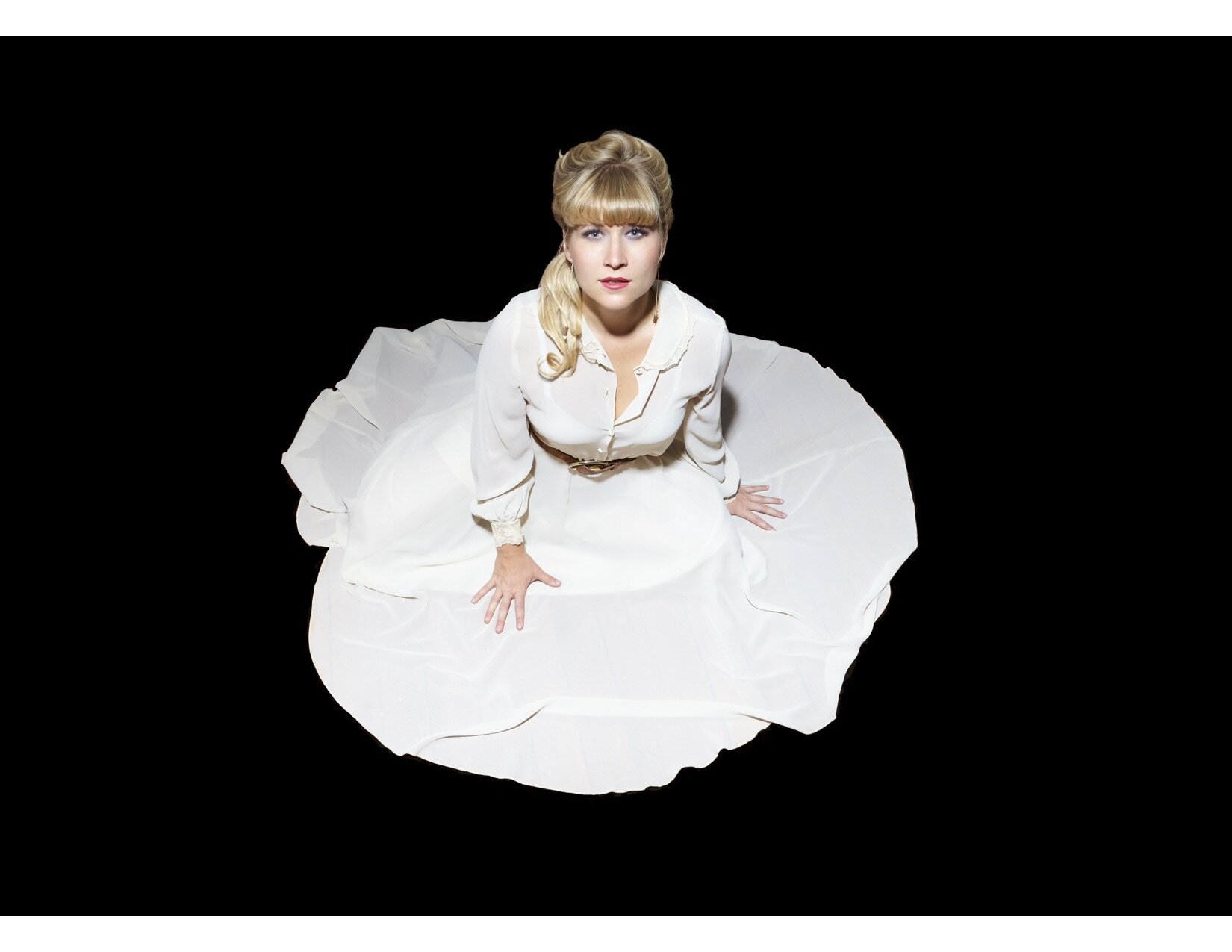
Some of the songs on this album (Mama’s a Hairdresser and Deliver, for two) you’ve said speak to the forgotten or overlooked members of our society. In this album, you’re singing it loudly and unabashedly, and people are listening. How does it feel to be someone who has felt that particular brand of pain who now has a growing voice?
Are people listening? That’s great.
My brother is in prison, so I wrote that song [Mama’s a Hairdresser] for my mom and him. I felt super compelled to do it all the way through the writing of the song.
I hope that that song can enlighten people to the fact that just because someone is called a criminal doesn’t necessarily mean they are the embodiment of everything you would think a criminal is. Since my brother was locked up when I was 9 years old, everyone I’ve ever met who was a ‘criminal’ seems more like a holy man. I just didn’t have the same definition or association with the word, because they were always writing me letters, telling me not to take the path they took, trying to help me. My brother had- you can’t call it anything other than a spiritual awakening or a change. And since he was locked up so young, I don’t really know if that was ordained for him. I have a lot of questions about the unfairness of why he’s there. He’s such a good person and society on the whole will not see him that way, even when he gets out.
So there’s a huge thing for me around the injustice of that. It’s just heartbreaking. It's a heartbreak that I live with on a daily basis.
Music seems to be the best way I’ve found to bring people into what the visceral experience would be like for them. I would say the hardest thing for me about it is like, yeah you’ve gotta write quality songs so people want to listen to them, and then after that you’ve got to get them to listen to them. And I would say I feel like I’m doing the best I can at both.
You’re coming out with an album during a pandemic- how has that affected your release? Will you be doing a virtual tour of any sort?
It’s so weird because I was supposed to be on the album release tour this week. The tour we planned took so much planning and effort that if I just do a virtual release, I will feel like it’s a little too anticlimactic.
I’ve been doing some little online one-offs. My solo shows are really different from the record, because the record, while it’s very “Caitlin Cannon” I don’t feel like I can do the songs justice without the band- mainly because I want to be able to put my guitar down and perform them. I thought about doing an online release, but I really don’t think that it would do the record justice.
It is kind of interesting how picking music online has developed. In some ways it’s good, but in the ways of- like how all kinds of artists are struggling right now, and will our fans continue to support us through this avenue? Because it’s kind of hard for me to gauge that. I suppose it’s just as hard as it is in reality. The hustle of it is still the same, now you don’t have to put on pants. So there’s definitely good things.
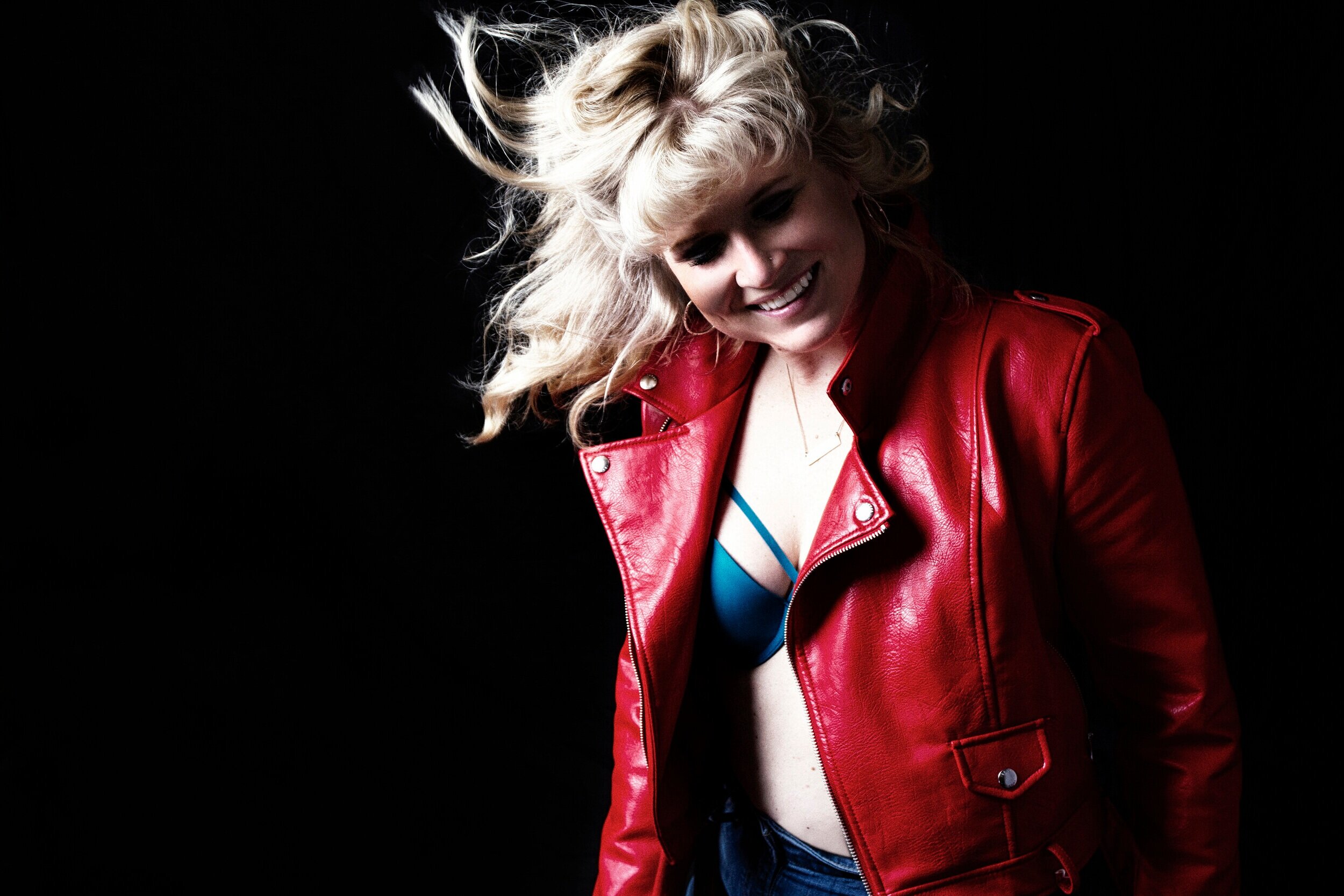
Keep up with all the latest Caitlin Cannon news on her website, facebook page, and instagram.
Published May 15th, 2020
